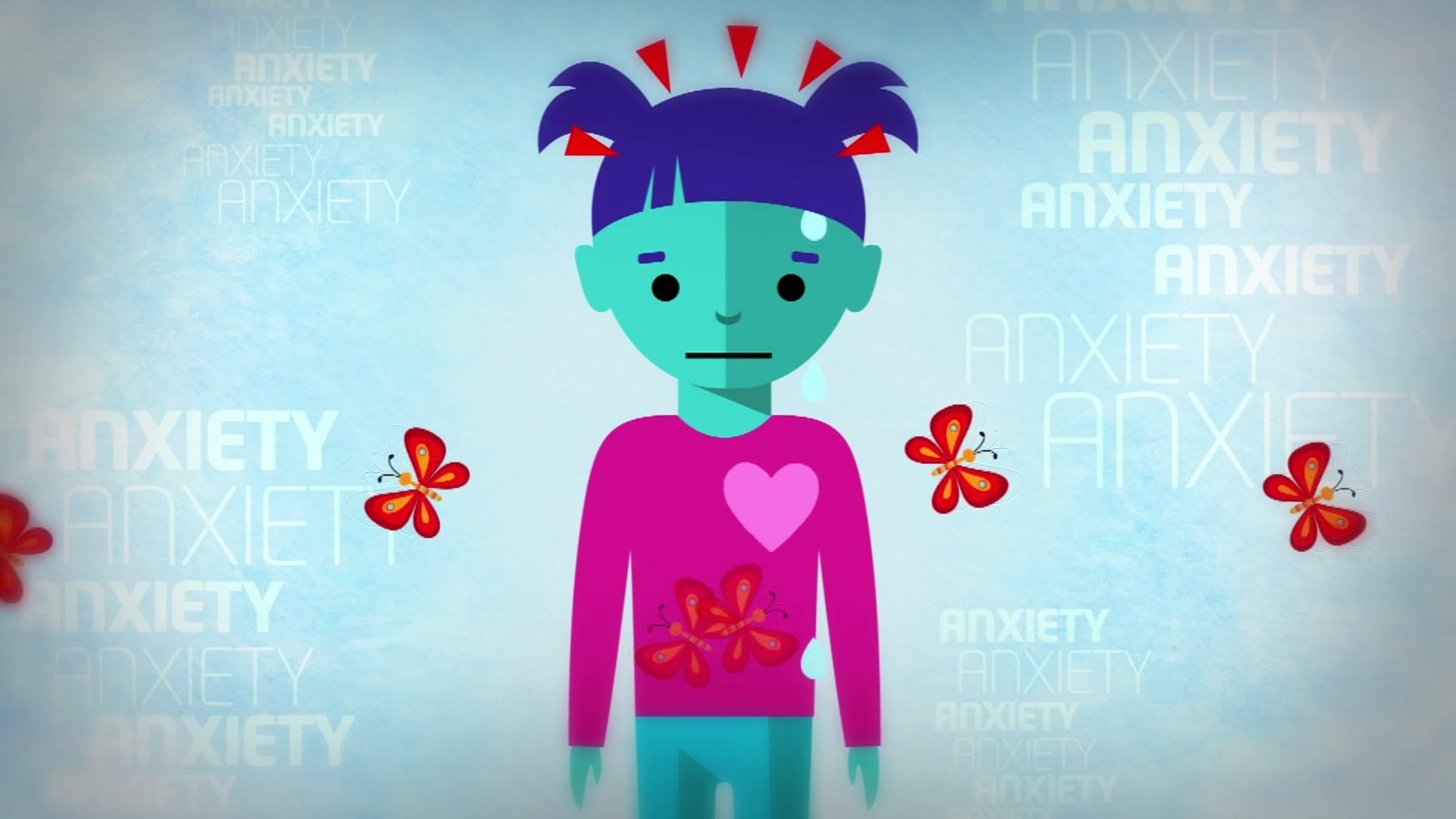Mental Health Awareness Week 2020: The importance of being kind
- Published
- comments
WATCH: You share your stories of kindness
If you can't see the video click here
Mental Health Awareness Week 2020 is a chance for the UK to focus on mental health.
This year's theme is kindness, with the week running from 18 - 24 May.
The focus on kindness is a response to the coronavirus outbreak, which is having a big impact on people's mental health.
Some people have mental health conditions like depression or anxiety, which means they have feelings that won't go away and which start to really affect day-to-day life.
Mark Rowland, chief executive of the Mental Health Foundation, said: "We want to use Mental Health Awareness Week to celebrate the thousands of acts of kindness that are so important to our mental health. And we want to start a discussion on the kind of society we want to shape as we emerge from this pandemic."
Have you carried out any acts of kindness recently? Let us know in the comments below. And watch the video above to hear what some of you have to say about the importance of being kind.
How important is kindness to you?
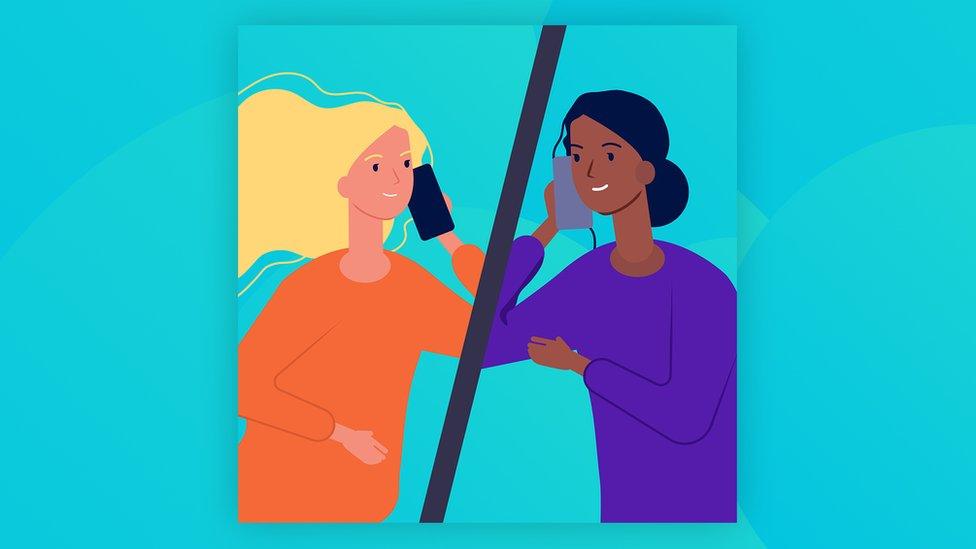
The Mental Health Foundation has conducted a new survey into kindness, which has found almost two-thirds of us say that when people are kind to them, it has a positive impact on their mental health.
The results also found that almost two-thirds of people find that being kind to others has a positive impact on their mental health and almost three-quarters of us say it is important we learn from the coronavirus pandemic to be more kind as a society.
Forty-eight percent of the people surveyed said being kind "to myself" had a positive impact on their mental health.
Speaking about the research, Mark Rowland said: "At one level, kindness can be as simple as phoning a friend who is lonely or thanking a colleague for something they have done. However, to have a major impact on improving our mental health, we need to take kindness seriously as a society."
The charity is asking the government to think about kindness when they are making decisions about how the country is run.
One thing we have seen all over the world is that kindness is ... helping people to connect and communities to cope with the impact of the coronavirus pandemic.
The benefits of kindness
Being kind can significantly improve our physical and emotional wellbeing - whether we are giving or receiving it.
There have even been scientific studies into the effects of kindness, showing that acts of kindness help your immune system, reduces stress, gives you energy and are good for your heart!
The power of being kind goes even further, it has been proven to slow ageing, improve relationships and it's contagious!
But how does this happen? We've got it covered below!
Good for your heart
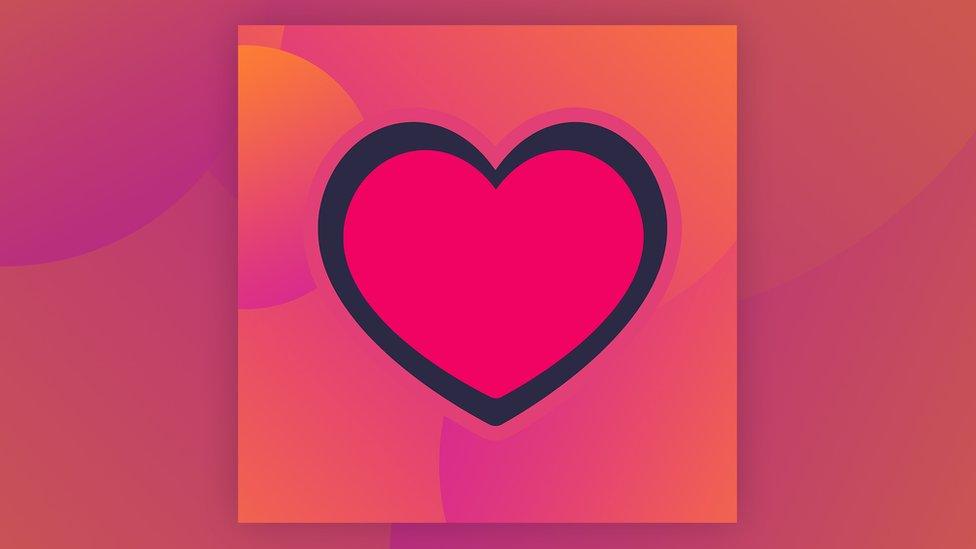
Kindness can change the chemicals in our body.
Committing acts of kindness produces a hormone in the body called oxytocin, sometimes called the 'kindness hormone' and the 'cardioprotective hormone'. Which means it protects our hearts!
Oxytocin causes the release of a chemical called nitric oxide, which opens up the blood vessels and lowers blood pressure. It is the main contributor to keeping our hearts healthy after exercise.
This important hormone also increases our self-esteem and optimism, which is extra helpful when we're feeling anxious, nervous or shy.
It's contagious
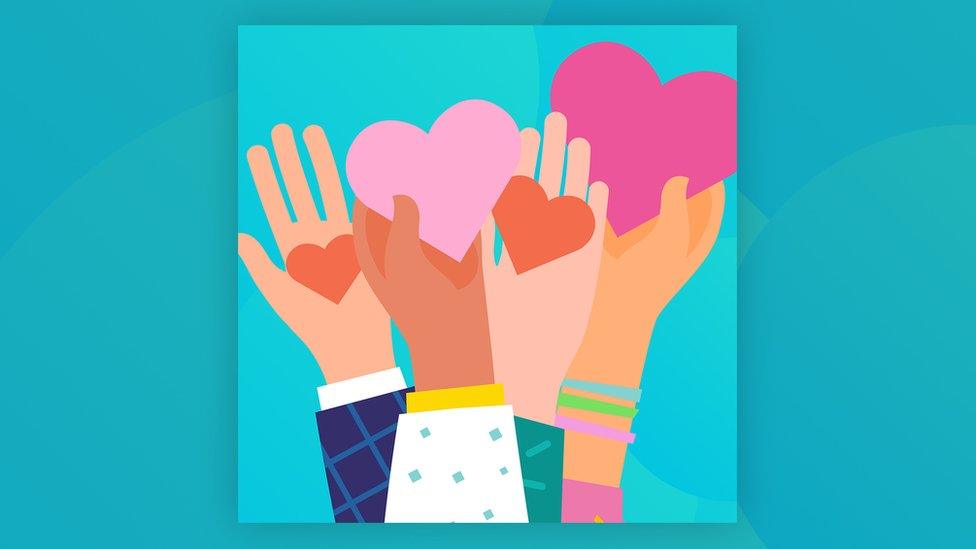
Kindness can spread far and wide pretty quickly!
The positive effects of kindness are experienced in the brain of everyone - whether you are giving, receiving or observing kindness. This improves their mood and makes them significantly more likely to act kindly themselves.
Kindness creates a ripple effect that can improve the day of loads of people!
Slows ageing
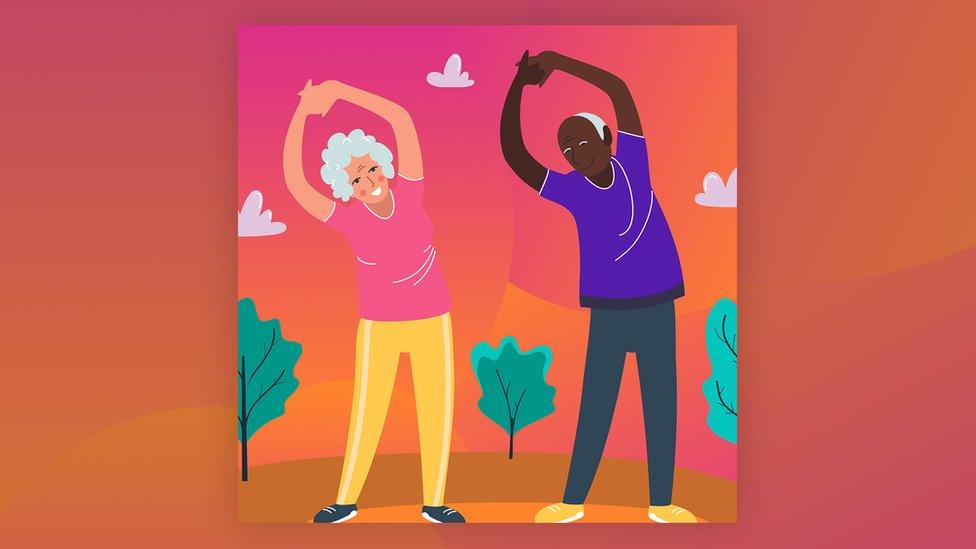
One of the factors that plays a role in the aging process is oxidative stress - which is an imbalance in your body.
Scientists found that if you introduced oxytocin (the kindness hormone) to skin cells put under stress, the levels of oxidative stress got significantly reduced.
Gives us energy
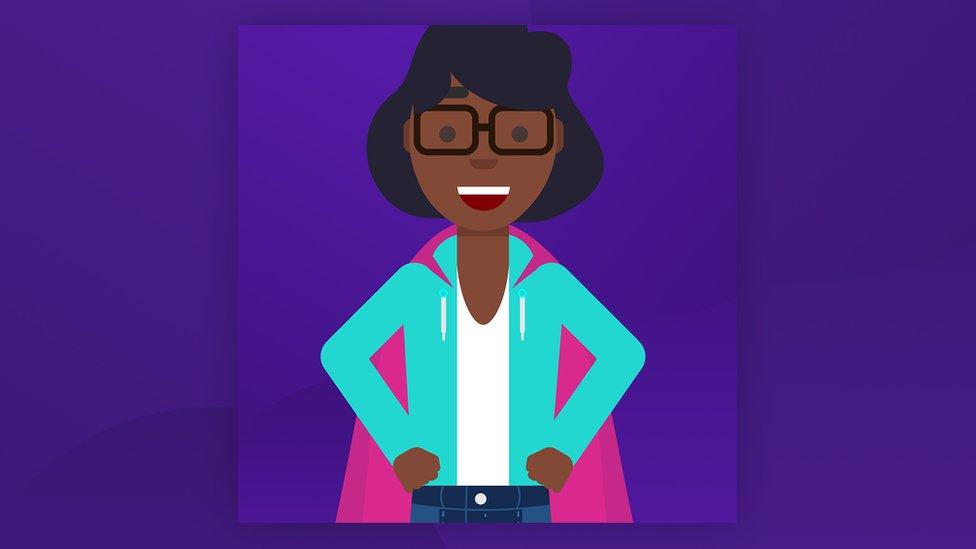
Engaging in acts of kindness can give us more energy. A study by the University of California Berkeley, Greater Good Science Center showed that people feel stronger and more energetic after helping others.
Makes you feel happy

Alongside oxytocin, being kind also produces serotonin in your body. This is often called the 'happy chemical' and has been found to heal your wounds, calm you down, and improve your mood.
When you are kind to another person your brain's pleasure and reward centres light up, which makes you feel good.
Reduces stress and anxiety
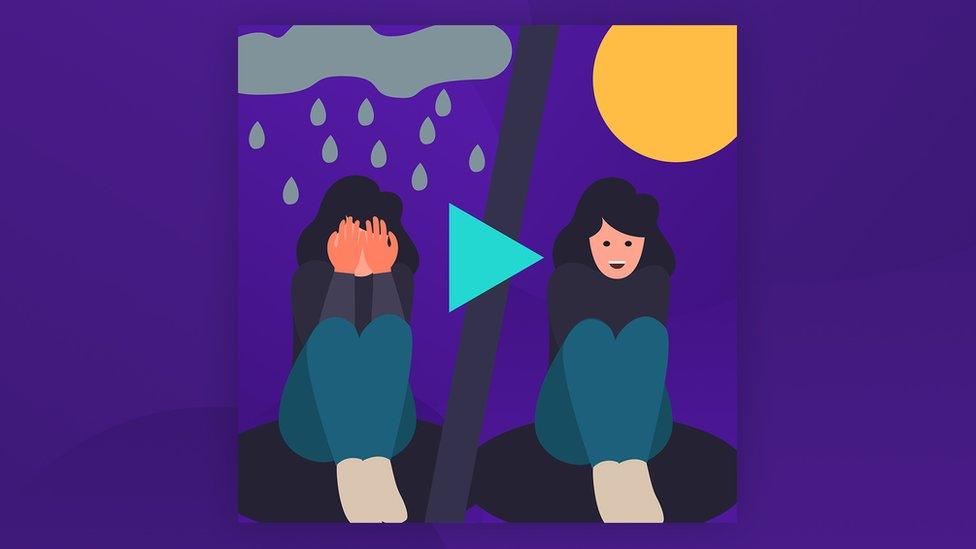
Having low levels of the chemical serotonin in the body has been linked to anxiety and depression.
So kindness can help as it increases serotonin. When we're kind we get the opposite emotional and physical effects on our body to when we are stressed.
A study by the University of British Columbia found that kind people have 23% less cortisol - the stress hormone - and age slower than average.
In their research, a group of highly anxious people did at least six acts of kindness a week. After one month, there was a significant increase in their positive moods, their relationships with other people had improved, and they avoided social situations less.
Supports your immune system
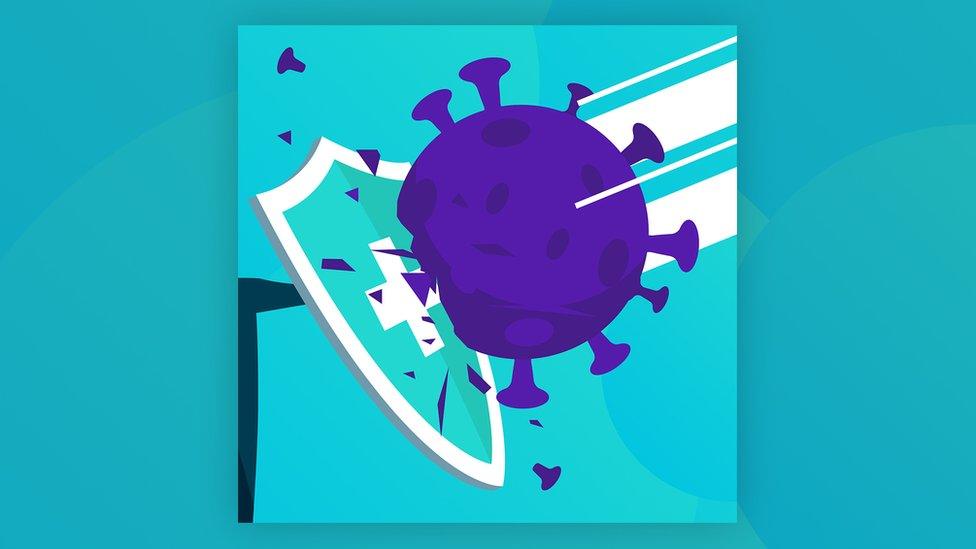
How you feel emotionally can physically effect your immune system - which is the system in the body that helps fight off infection and viruses.
If you feel a connection with someone either by being kind to them, someone being kind to you, or even seeing kindness in action it can spike the immune system into action.
Reduces pain

Kindness produces endorphins, the brain's natural painkiller. Endorphins are hormones that deal with stress and reduce feelings of pain.
Pretty amazing stuff, right?!
We have a once-in-a-generation opportunity to re-imagine a kinder society - one that protects all our mental health
If you're worried about mental health, wellbeing, or if you have any questions, speak to an adult that you trust. It might be a teacher or an older relative.
You might wish to speak to your local doctor or you can also ring Childline for free on 0800 11 11. This number does not show up on your phone bill.
- Published15 May 2020
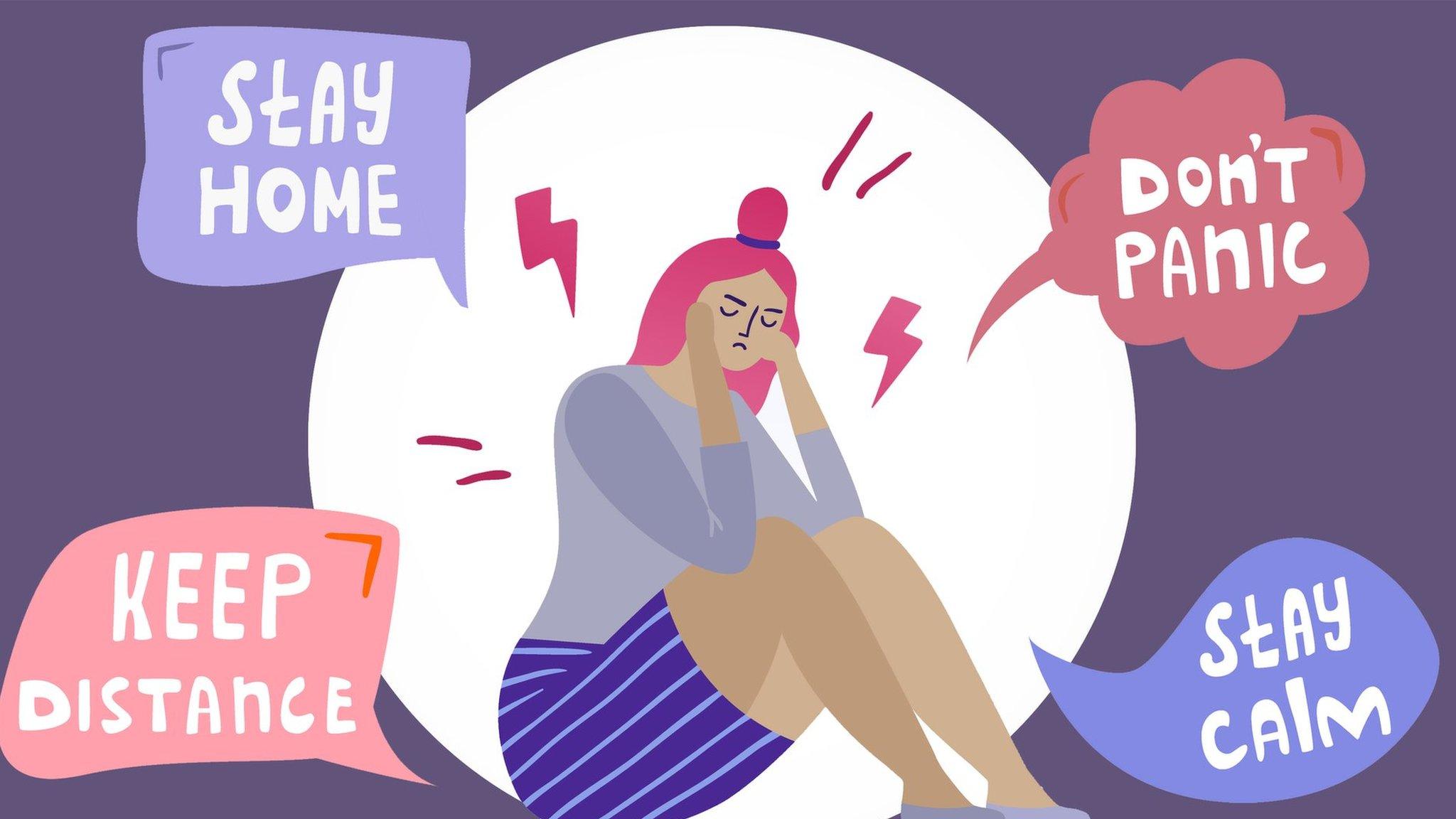
- Published25 June 2018
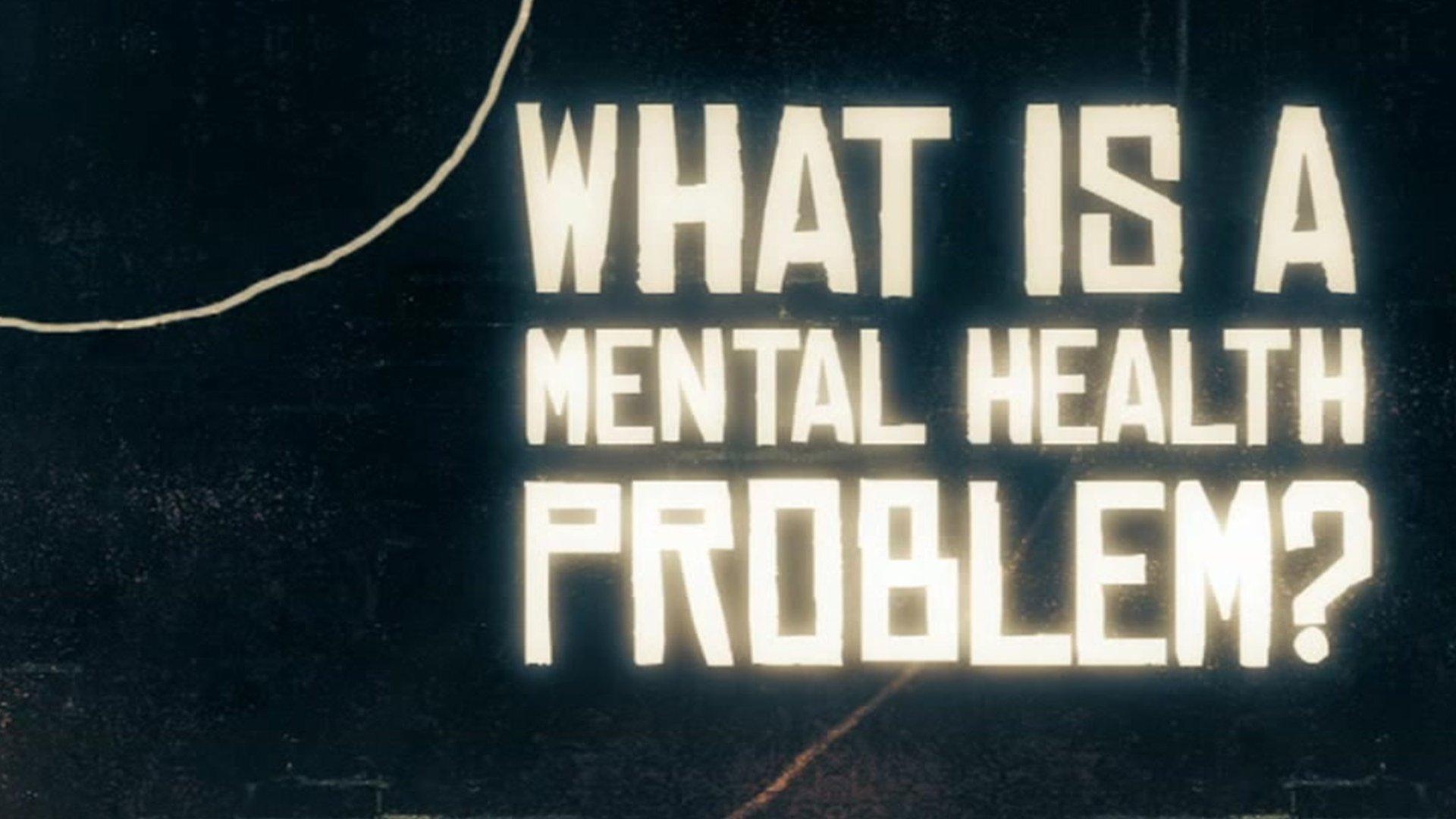
- Published3 February 2020
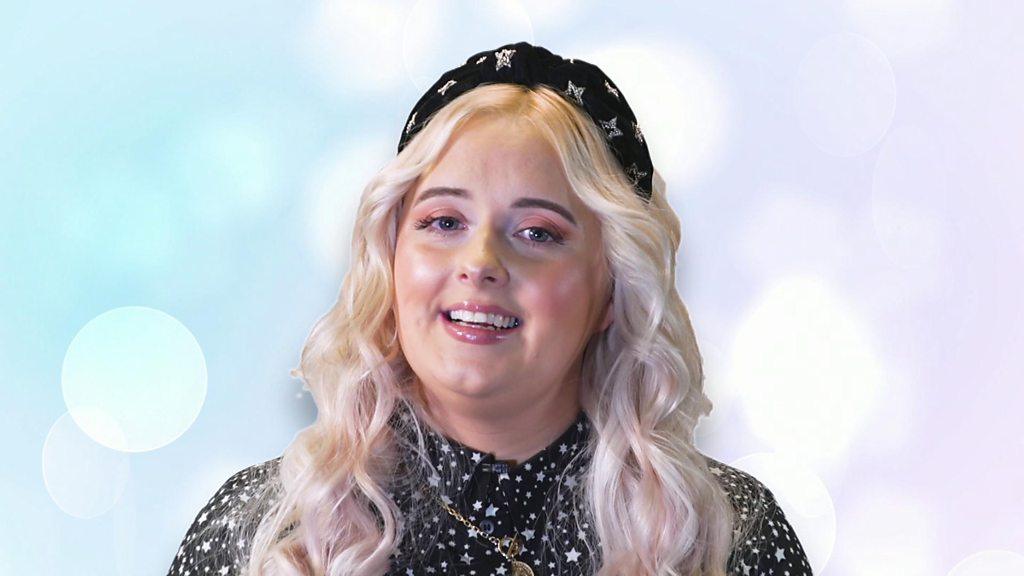
- Published24 November 2016
